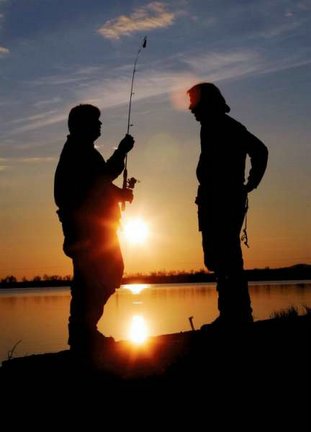More truth
Good interview with Col. Larry Wilkerson, former aide to Colin Powell, on Cheneys' corrosive influence, torture, American imperialism, Condi Rice, and the neocons. Some excerpts:
Q: How many people have died in American detention?
A: When I left the State Department, there were over 70 deaths of people in detention, some of them being investigated, some of them covered up.
Q: The administration was also choosing the facts that best illustrated the supposed dangers presented by Iraq and overselling the case for war, isn't that right?
A: That is true, at least with regard to Douglas Feith, then the number three in the Pentagon. And there is no question that the vice president overstated the case. I mean, all you have to do is run his tapes.
Q: Shouldn't then National Security Adviser Condoleezza Rice have ensured that President Bush was better advised than he proved to be?
A: There was a single word used by countless people in the government to describe the National Security Council under Dr. Rice and that is "dysfunctional." And if you think about it for a moment, this dysfunctionality of the statutory process was a nice camouflage for the alternative decision-making process that revolved around the vice president.
Q: The Pentagon always claimed that a stable government could be installed in Iraq within a matter of months. Was there a climate of arrogance?
A: Yes there was. Incredible arrogance. I call it the administration of hubris. How could anyone look at that region and believe it?
Q: Isn't the loss of America's moral authority the biggest problem?
A: Yes. Recently I had occasion to be on a panel with a former prime minister of Canada who said, 'It's not so much that we Canadians are anti-American, it's that we are very, very worried about a headless giant.'
Now speaking his conscience, where are the other former Kool-Aid drinkers who can join him?
Posted on The Human Stain
Q: How many people have died in American detention?
A: When I left the State Department, there were over 70 deaths of people in detention, some of them being investigated, some of them covered up.
Q: The administration was also choosing the facts that best illustrated the supposed dangers presented by Iraq and overselling the case for war, isn't that right?
A: That is true, at least with regard to Douglas Feith, then the number three in the Pentagon. And there is no question that the vice president overstated the case. I mean, all you have to do is run his tapes.
Q: Shouldn't then National Security Adviser Condoleezza Rice have ensured that President Bush was better advised than he proved to be?
A: There was a single word used by countless people in the government to describe the National Security Council under Dr. Rice and that is "dysfunctional." And if you think about it for a moment, this dysfunctionality of the statutory process was a nice camouflage for the alternative decision-making process that revolved around the vice president.
Q: The Pentagon always claimed that a stable government could be installed in Iraq within a matter of months. Was there a climate of arrogance?
A: Yes there was. Incredible arrogance. I call it the administration of hubris. How could anyone look at that region and believe it?
Q: Isn't the loss of America's moral authority the biggest problem?
A: Yes. Recently I had occasion to be on a panel with a former prime minister of Canada who said, 'It's not so much that we Canadians are anti-American, it's that we are very, very worried about a headless giant.'
Now speaking his conscience, where are the other former Kool-Aid drinkers who can join him?
Posted on The Human Stain













0 Comments:
Post a Comment
<< Home